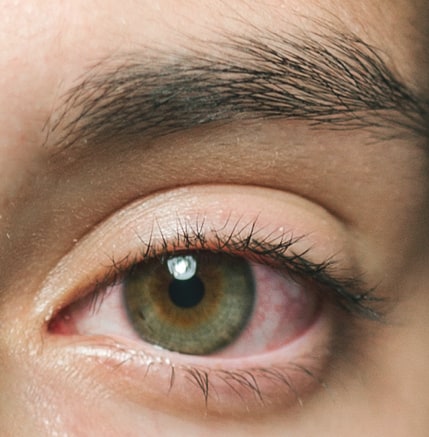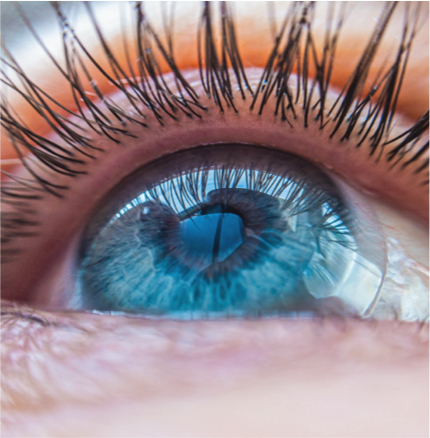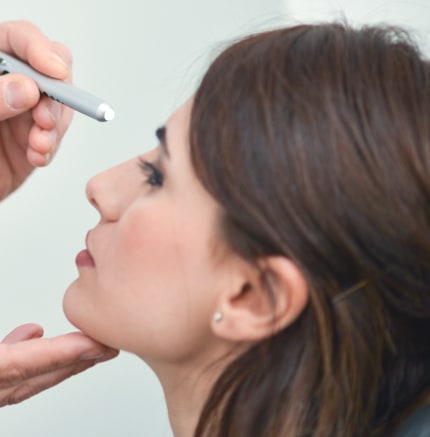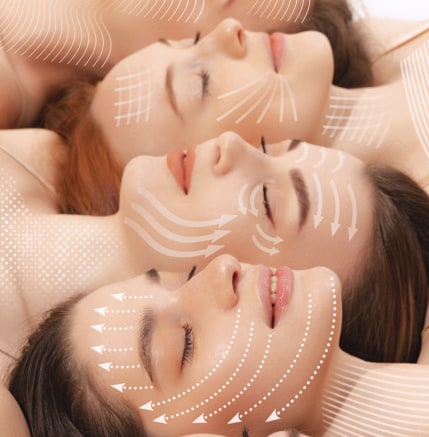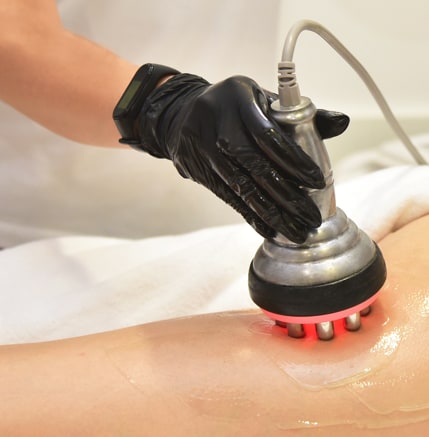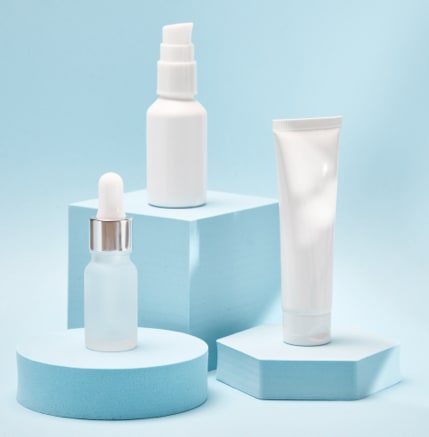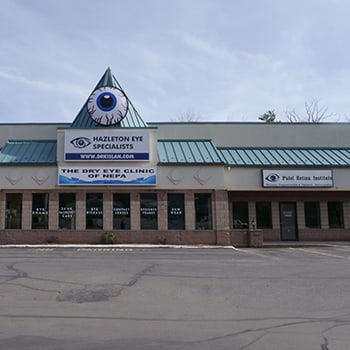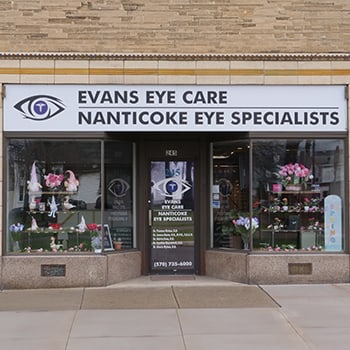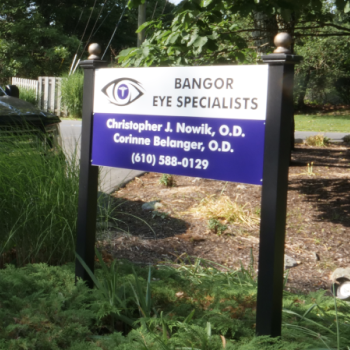As we age, maintaining healthy vision becomes increasingly important. Vision changes are a natural part of aging, but with proper care, you can reduce your risk of developing eye diseases like cataracts, glaucoma, and macular degeneration.
In this guide, we’ll explore proven tips to maintain eye health as you age, helping protect your eyesight for years to come.
At Hazleton, Pottsville, Stroudsburg, Nanticoke & Bangor Eye Specialists, we are committed to providing expert eye care to help you maintain optimal vision. Schedule your comprehensive eye exam today.
Why Eye Health Matters as You Age
Aging affects all parts of the body, including your eyes. Common age-related vision changes include:
✅ Presbyopia: Difficulty focusing on close-up objects.
✅ Dry eyes: Reduced tear production leading to irritation.
✅ Cataracts: Clouding of the eye’s natural lens.
✅ Macular degeneration: Loss of central vision over time.
✅ Glaucoma: Increased eye pressure that can damage the optic nerve.
Taking proactive steps can help you maintain clear vision and reduce the risk of serious eye diseases.
10 Tips for Healthy Vision as You Age
1. Get Regular Eye Exams
Routine comprehensive eye exams are crucial for detecting problems early. Many age-related eye diseases develop without noticeable symptoms, making annual eye exams essential for early diagnosis and treatment.
🔹 Recommendation: Adults over 40 should have an eye exam every 1–2 years. Those with diabetes, hypertension, or a family history of eye disease should visit more frequently. Book your eye exam online.
2. Eat a Vision-Boosting Diet
Nutrition plays a vital role in maintaining eye health. A diet rich in vitamins and antioxidants can help prevent eye diseases.
🥦 Here are some key nutrients for eye health:
- Vitamin A: Carrots, sweet potatoes, and leafy greens support night vision.
- Omega-3 fatty acids: Salmon, flaxseeds, and walnuts reduce dry eye symptoms.
- Lutein & zeaxanthin: Spinach, kale, and eggs help prevent macular degeneration.
- Vitamins C & E: Citrus fruits, nuts, and seeds reduce oxidative stress on the eyes.
3. Protect Your Eyes from UV Rays
Long-term exposure to UV rays can increase the risk of cataracts and macular degeneration.
🕶 How can you protect your eyes?:
✅ Wear 100% UV-blocking sunglasses outdoors.
✅ Use a wide-brimmed hat for extra shade.
✅ Avoid looking directly at the sun, even during an eclipse.
4. Reduce Digital Eye Strain
With increased screen time, digital eye strain has become a common issue. Symptoms include dry eyes, headaches, and blurry vision.
💻 Here are tips for preventing eye strain:
👁 Follow the 20-20-20 rule—every 20 minutes, look 20 feet away for 20 seconds.
💡 Adjust your screen brightness and contrast to reduce glare.
🕶 Use blue light-blocking glasses for extended screen use.
If you’re experiencing persistent digital eye strain, visit Hazleton Eye Specialists for advice.
5. Stay Hydrated & Combat Dry Eyes
Your eyes may produce fewer tears as you age, leading to dry eye syndrome.
💧 We recommend:
✅ Drinking plenty of water.
✅ Using artificial tears to maintain moisture.
✅ Avoiding air vents and fans blowing directly at your face.
Persistent dryness may require treatment. Contact Hazleton Eye Specialists for a personalized plan.
6. Quit Smoking for Better Eye Health
Smoking significantly increases the risk of cataracts, macular degeneration, and optic nerve damage. If you smoke, quitting can greatly improve your eye health.
🚭 Need help quitting? Your eye doctor can offer guidance on how smoking affects vision and strategies to help you stop.
7. Manage Chronic Health Conditions
Systemic conditions like diabetes, high blood pressure, and high cholesterol can affect eye health by damaging the blood vessels in the retina.
🩺 Here are some tips for managing your health:
✅ Keep blood sugar levels under control.
✅ Monitor and maintain healthy blood pressure.
✅ Follow a balanced diet and exercise regularly.
If you have diabetes, schedule an annual diabetic eye exam.
8. Get Enough Sleep
Poor sleep can lead to eye strain, dark circles, and dryness. Your eyes need rest to function correctly.
😴 Here are some sleep tips for healthy eyes:
✅ Aim for 7–9 hours of sleep per night.
✅ Reduce screen time before bed.
✅ Use a humidifier to keep your eyes hydrated while sleeping.
9. Be Aware of Age-Related Eye Conditions
As we get older, our eyes become more susceptible to eye diseases. Early detection is key in preventing vision loss.
🔍 Common conditions monitored during routine eye exams include:
- Presbyopia: Difficulty reading up close.
- Cataracts: Cloudy vision and glare sensitivity.
- Macular degeneration: Blurred or distorted central vision.
- Glaucoma: Gradual loss of peripheral vision.
If you experience sudden vision changes, floaters, or flashes of light, seek immediate medical attention.
👀 Concerned about your eye health? Schedule an exam today.
10. Improve Home Lighting & Reduce Fall Risks
As eyesight declines, good lighting becomes essential for safety and comfort.
💡 Here’s how you can improve the lighting at home:
✅ Use bright, non-glare lighting in reading areas.
✅ Install motion-sensor lights in hallways and staircases.
✅ Keep nightlights in bedrooms and bathrooms.
Take Action for Healthy Vision
Aging doesn’t mean losing your vision. By adopting healthy habits, scheduling regular eye exams, and making simple lifestyle changes, you can maintain clear vision for years.At Hazleton, Pottsville, Stroudsburg, Nanticoke & Bangor Eye Specialists, we provide comprehensive eye care to help you see clearly at every stage of life. Take control of your vision health today and book your next eye exam!



